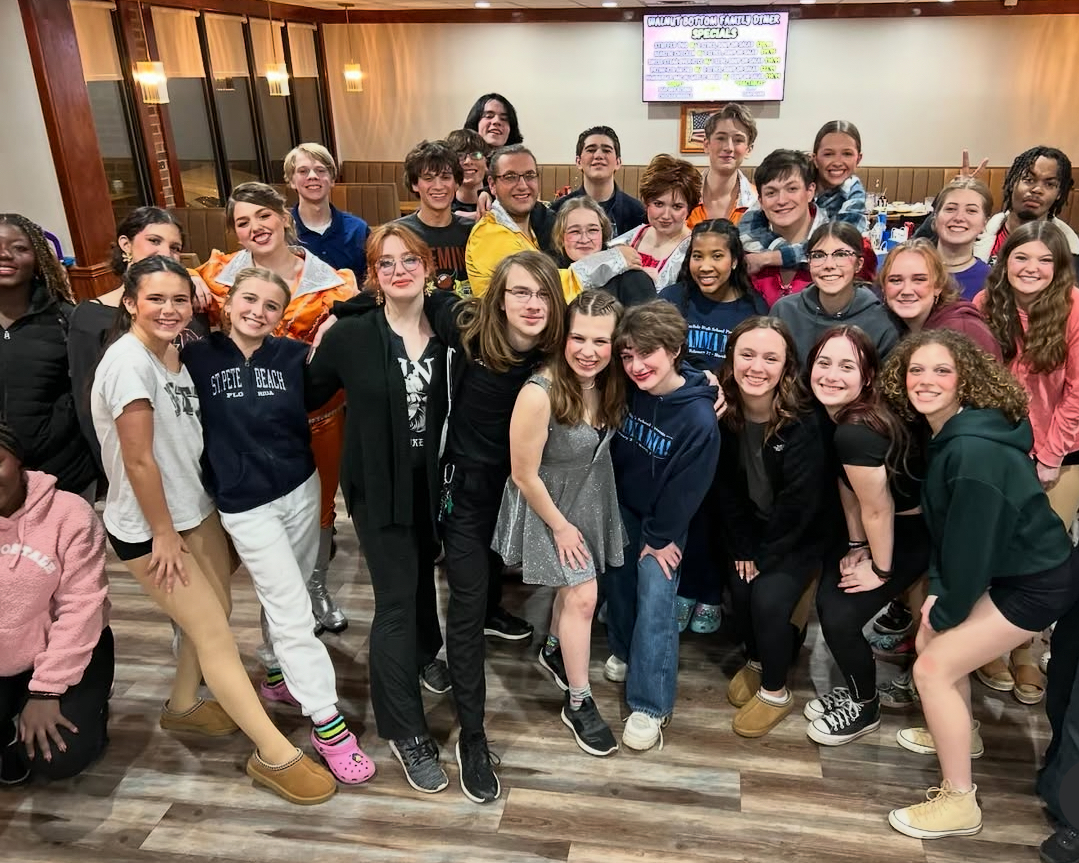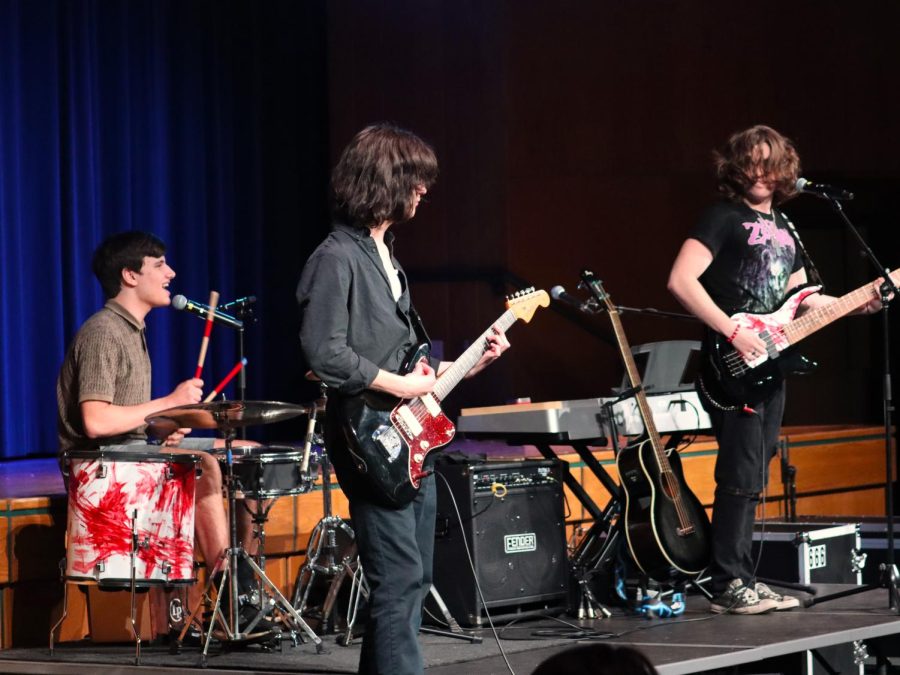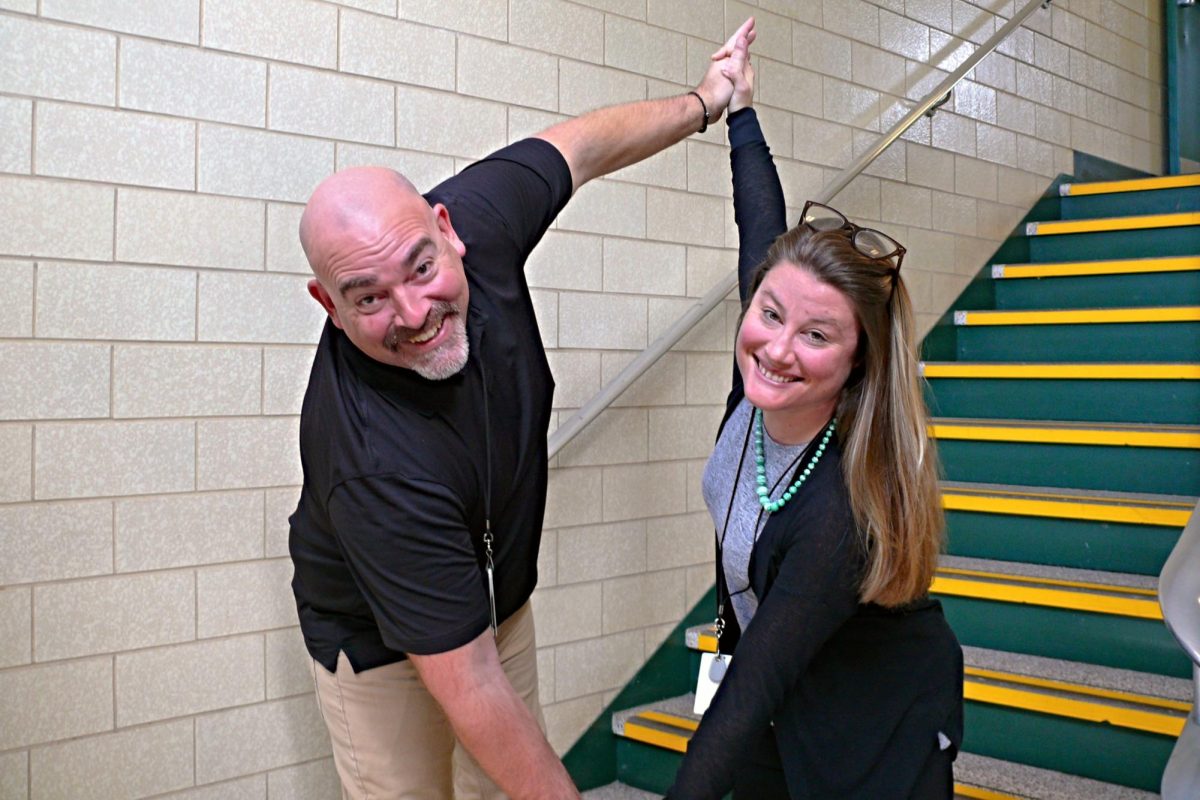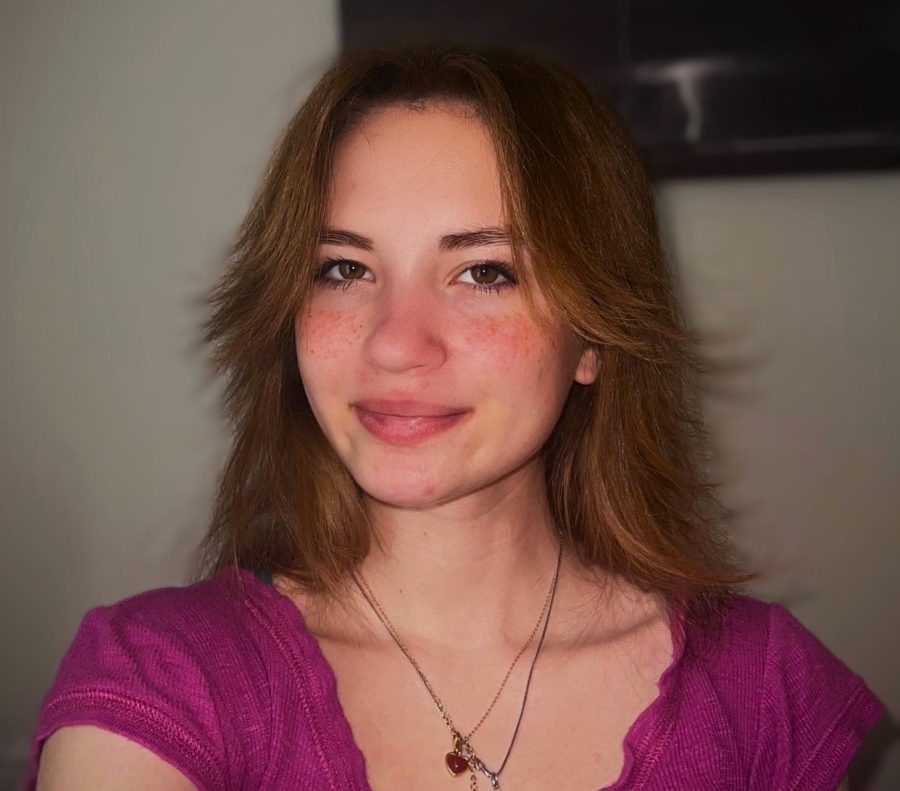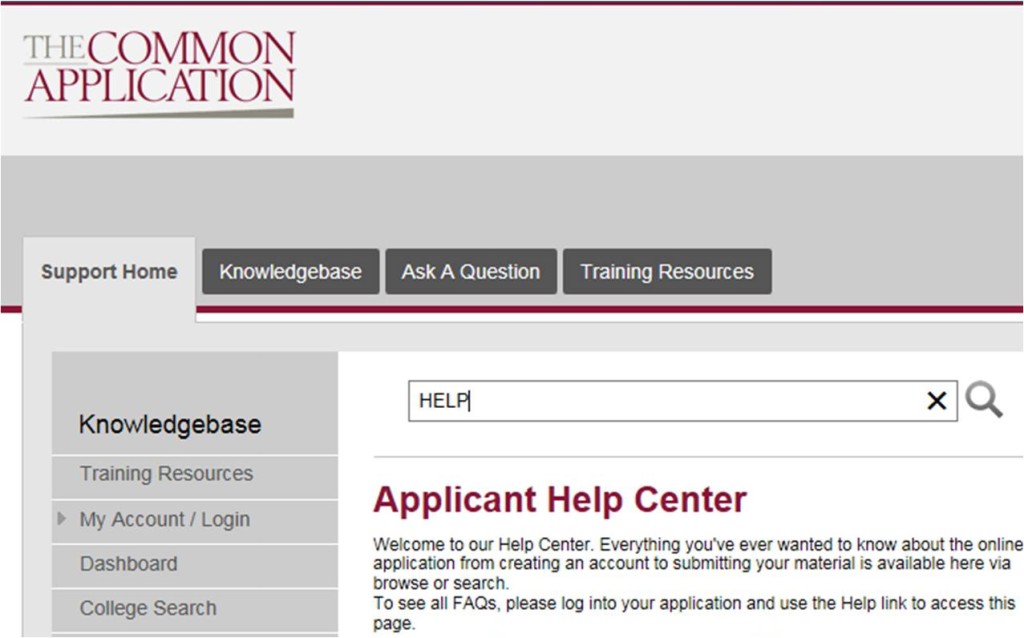Common App causes conundrums
The Common Application’s technical difficulties are inducing stress for teachers, students, and colleges alike.
November 13, 2013
Pressing submit on an online college application usually brings students relief—unless it’s this year’s Common Application.
As technical difficulties compel colleges to change deadlines and cause students to stress, many are rethinking the Common App’s benefits. Amy Knapp, a guidance counselor in McGowan, is only one of the countless people affected by technical issues.
“The most frustrating aspect is when technical difficulties arise there is no way to contact the organization by phone and they are extremely slow at responding to help requests via email,” Knapp said. “This is not conducive to the deadline oriented experience of college admissions.”
The Common Application, founded in 1975, is accepted by over 400 colleges and universities. This means the issues affects thousands of students across the country.
“When I went to submit my first application, it wouldn’t let me preview my application before submitting,” said North Carolina senior Clotilde Druhen. “I got up really early the next morning because I’ve heard that if a lot of people are on it can block the system…when my principal got the email to submit my letter of recommendation my name wasn’t popping up on his list, even though he got an email with my name in it from [the Common Application].”
The technical problems reported also include not being able to log into the site, unformatted essays, and problems submitting teacher recommendations. They have persisted since August, when the newest version of the application was released.
“Overall, I believe the Common App is beneficial to colleges and college applicants…it’s provided a standardized format and streamlined process for both students and college admissions personnel alike and [is] much better than having to do different applications and essays for every single college/university,” said former guidance counselor and current SAT tutor Sue Maryanski. “It’s unfortunate that this year’s high school seniors are faced with the problems caused by technology changes [to the application].”
However, the end may be near.
“I know there is significant pressure from the National Association of College Admissions Counselors and other strong advocates for the Common Application’s website to be improved and the difficulties to be addressed in a timely fashion,” said Knapp.
The mission of the Common Application is to “promote equity, access, and integrity in the college application process.” Many hope that the “access” component of this mission will soon become reality again.




